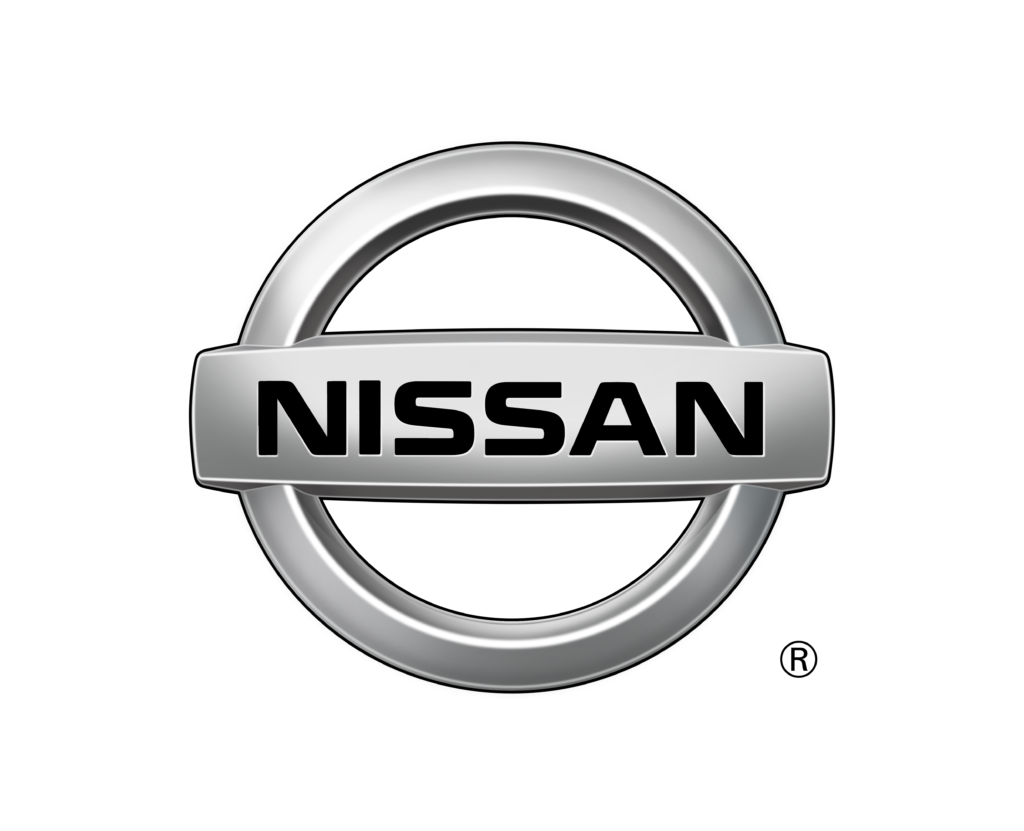Mitsubishi, days after admitting it had falsified fuel-efficiency ratings, just got snapped up by Nissan.
Nissan Motors announced Thursday that it will be purchasing a 34% stake in Mitsubishi Motors for $2.1 billion. The buying up of Mitsubishi shares will give Nissan a controlling stake in the carmaker.
The move comes just days after Mitsubishi admitted it had knowingly manipulated fuel economy tests on some of its global subcompact models. Intriguingly, the fraudulent efficiency figures affect Nissan, too, as the two had a technical partnership for several years. This meant Nissan sold rebadged Mitsubishi models as its own.
Going forward, the brands will further share vehicle platforms and technology as well as utilize global production facilities. Nissan’s CEO Carlos Ghosn emphasized that Nissan will respect the Mitsubishi brand and history by growing its presence.
Simply put, though Nissan surely feels burned by Mitsubishi’s fuel economy faking, it needs Mitsubishi’s small-car prowess. Once the deal is finalized in late May, Nissan can effectively run full throttle with Mitsubishi vehicles into burgeoning global markets — likely under the newly reinstated Datsun economy brand.
Sharing (technology) is caring
Nissan Chief Executive Carlos Ghosn said the two would now share and jointly develop technology, and could realise “billions” in synergies by coordinating purchasing, plant utilisation and cooperating in growth markets.
“We are determined to preserve and nurture the Mitsubishi Motors brand. We will help this company address the challenges it faces, particularly in restoring consumer trust in its fuel economy performance,” Ghosn said, addressing a joint press conference in Yokohama, south of Tokyo.
Nissan will be able to nominate a third of Mitsubishi Motors’ board, which Ghosn said he believed would be led by a Nissan executive – prompting industry analysts and bankers to forecast a significant reshuffle at the top.
Mitsubishi Motors admitted last month it overstated the fuel economy of at least four of its models – mini cars sold in Japan, including two sold under Nissan’s badge.
That has badly hit the group, bruising a brand already losing market share and dragging its shares down over 40 percent as investors fretted over potential compensation costs.
Ghosn said he had been “reassured” by Mitsubishi Motors’ Chief Executive Osamu Masuko over the size and scope of the fuel economy troubles, which Masuko said had accelerated discussions.





























